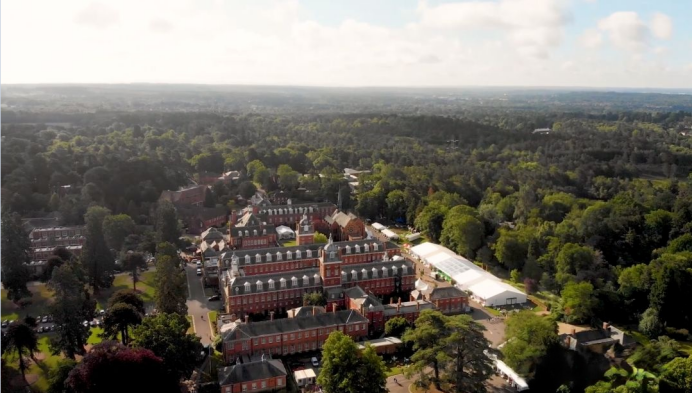为了使大家在GMAT阅读部分考的高分,小编为大家整理了一篇有关GMAT阅读的文章,大家一定要积极练习哦!并且要记得在阅读文章的时候计时。
Historical materialism
Historical materialism is a methodological approach to the study of society, economics, and history, first articulated by Karl Marx (1818–1883) as "the materialist conception of history". Historical materialism looks for the causes of developments and changes in human society in the means by which humans collectively produce the necessities of life. Social classes and the relationship between them, plus the political structures and ways of thinking in society, are founded on and reflect economic activity.
Since Marx's time, the theory has been modified and expanded by thousands of Marxist thinkers. It now has many variants.
Key ideas
Historical materialism started from a fundamental underlying reality of human existence: that in order for human beings to survive and continue existence from generation to generation, it is necessary for them to produce and reproduce the material requirements of life. Marx then extended this premise by asserting the importance of the fact that, in order to carry out production and exchange, people have to enter into very definite social relations, most fundamentally "production relations".
However, production does not get carried out in the abstract, or by entering into arbitrary or random relations chosen at will. Human beings collectively work on nature but do not do the same work; there is a division of labor in which people not only do different jobs, but according to Marxist theory, some people live from the work of others by owning the means of production. How this is accomplished depends on the type of society. Production is carried out through very definite relations between people. And, in turn, these production relations are determined by the level and character of the productive forces that are present at any given time in history. For Marx, productive forces refer to the means of production such as the tools, instruments, technology, land, raw materials, and human knowledge and abilities in terms of using these means of production.
Writers who identify with historical materialism usually postulate that society has moved through a number of types or modes of production. That is, the character of the production relations is determined by the character of the productive forces; these could be the simple tools and instruments of early human existence, or the more developed machinery and technology of present age. The main modes of production Marx identified generally include primitive communism or tribal society (a prehistoric stage), ancient society, feudalism, and capitalism. In each of these social stages, people interact with nature and produce their living in different ways. Any surplus from that production is allotted in different ways. Ancient society was based on a ruling class of slave owners and a class of slaves; feudalism was based on landowners and serfs; and capitalism based on the capitalist class and the working class. The capitalist class privately owns the means of production, distribution and exchange (e.g., factories, mines, shops and banks) while the working class live by exchanging their socialized labour with the capitalist class for wages.

















